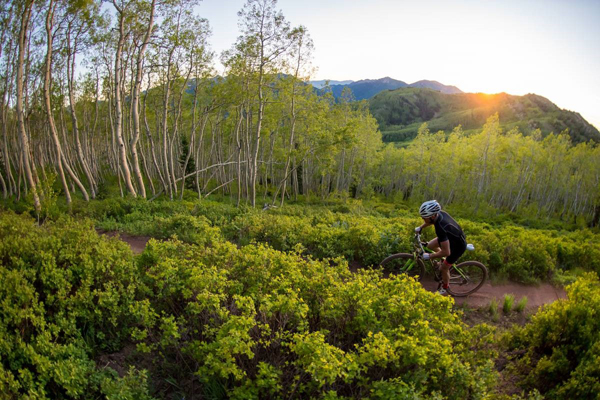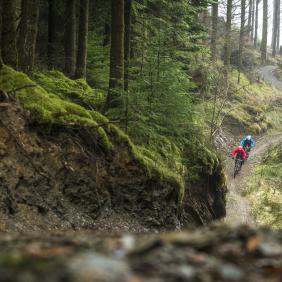
Last week the International Mountain Bicycling Association (IMBA) held an important press conference on the fate of mountain biking on federally managed wilderness. Their planes included a very strong advocacy position.
Mike Van Abel, IMBA’s President and Executive Director stated, “After thoughtful deliberation and careful consideration, including conversations with many partners and stakeholders, IMBA’s board reasserted its longstanding commitment and approach to enhancing trail access for mountain bikers.”
The organization’s 2016 advocacy position is based on three key points:
- Regarding future Wilderness proposals, IMBA believes it is unacceptable to lose access to trails currently enjoyed by people riding mountain bikes.
- IMBA will investigate and pursue legislation that realigns existing Wilderness boundaries to re-open trails to people riding mountain bikes.
- IMBA will not seek to amend the Wilderness Act of 1964.
As an example of the organization’s strong commitment to increasing bike access, Van Abel pointed out that IMBA is actively considering the possibility of taking legal action in the Bitterroot National Forest in Montana and Idaho. Should IMBA determine there is precedence for legal action, it will ask the court whether the U.S. Forest Service properly applied the National Environmental Policy Act in its determination that bikes would diminish the wilderness character of a landscape.

“IMBA will not accept loss of access to trails on public lands where we have an organized local chapter and where other sustainable forms of recreation are permitted,” said Van Abel.
In regards to existing Wilderness, IMBA will pursue legislation to redraw Wilderness boundaries that would open access to select trails and trail connections for mountain biking. This includes trails that government agencies have closed to bicycles without sufficient analysis and empirical evidence of adverse impacts. This legislative effort will be pursued where IMBA has strong grassroots chapters that represent local constituents.
“IMBA will be strategic in directing resources toward land challenges that have the opportunity to be the most successful,” said Van Abel.
“The recent level of dialogue from mountain bikers about bike access and Wilderness speaks to the high level of engagement our community has with public lands,” said Van Abel. “We look forward to the IMBA network learning from one another’s local experiences regarding access issues at the 2016 World Summit.”
Stay tuned for more.


